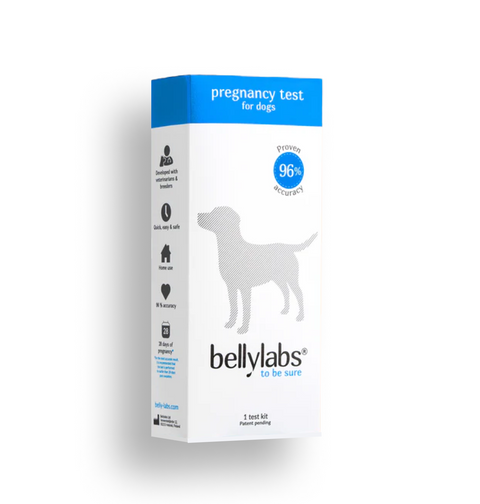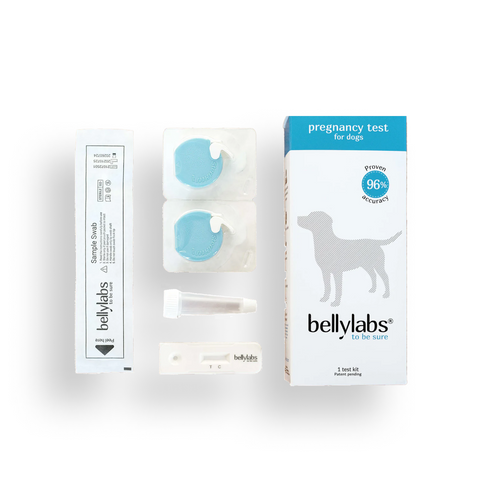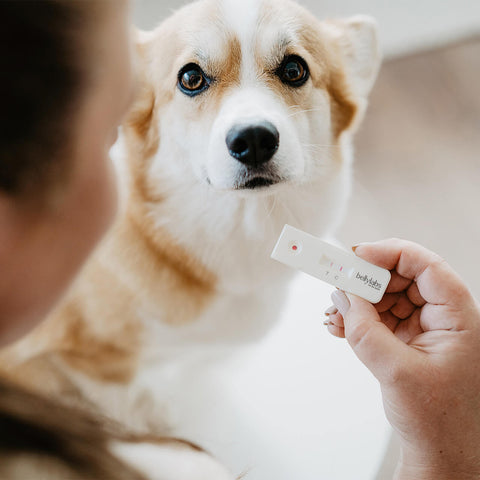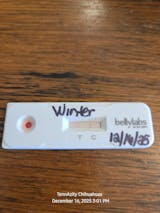Just like humans, dogs can experience morning sickness during pregnancy. While it might not be as commonly discussed, morning sickness in pregnant dogs can pose challenges for both the expecting mother and her caregivers. Recognizing the signs, understanding the causes, and implementing appropriate management strategies are essential for ensuring the well-being of the pregnant dog and her developing puppies.
Signs and Symptoms:
Morning sickness in dogs typically manifests as nausea, vomiting, and loss of appetite. These symptoms often occur during the early stages of pregnancy, usually around the third or fourth week after conception. While the term "morning sickness" implies symptoms primarily in the morning, dogs may experience discomfort at any time of the day.
Other signs of morning sickness in pregnant dogs may include lethargy, excessive salivation, and reluctance to eat or drink. In severe cases, dehydration and weight loss can occur if the vomiting persists.
Causes:
The exact cause of morning sickness in pregnant dogs is not fully understood, but hormonal changes are believed to play a significant role. During early pregnancy, fluctuations in hormone levels, particularly progesterone and estrogen, can affect the dog's gastrointestinal tract and lead to nausea and vomiting.
Additionally, the physical changes occurring in the dog's body as the pregnancy progresses, such as increased pressure on the stomach from the growing fetuses, can contribute to gastrointestinal discomfort and exacerbate morning sickness symptoms.
Management Strategies:
Managing morning sickness in pregnant dogs involves a combination of supportive care and dietary adjustments. Here are some strategies to help alleviate symptoms and ensure the well-being of the expecting mother:
- Consultation with a Veterinarian: If you suspect your dog is experiencing morning sickness, it's essential to seek guidance from a veterinarian. A thorough examination can help rule out other potential health issues and determine the best course of action.
- Dietary Modifications: Adjusting the pregnant dog's diet can help reduce nausea and vomiting. Offer small, frequent meals throughout the day rather than one or two large meals. Opt for easily digestible, bland foods such as boiled chicken and rice or specialized dog food formulated for sensitive stomachs.
- Hydration: Ensuring adequate hydration is crucial, especially if vomiting occurs frequently. Provide access to clean, fresh water at all times and consider offering electrolyte solutions or ice cubes for added hydration.
- Medication: In severe cases of morning sickness, your veterinarian may prescribe medication to alleviate nausea and vomiting. However, medications should only be used under the guidance of a veterinarian, as some may not be safe for use during pregnancy.
- Supportive Care: Provide a comfortable and quiet environment for the pregnant dog to rest and recuperate. Minimize stressors and avoid sudden changes in routine or environment.
- Monitoring: Keep a close eye on the pregnant dog's condition and monitor for any changes in symptoms or behavior. If vomiting persists or worsens, seek veterinary attention promptly to prevent dehydration and complications.
Morning sickness in pregnant dogs is a common occurrence that can cause discomfort and concern for both the expecting mother and her caregivers. By recognizing the signs, understanding the underlying causes, and implementing appropriate management strategies, you can help alleviate symptoms and ensure the well-being of the pregnant dog and her developing puppies. Consultation with a veterinarian is essential for proper diagnosis and guidance on supportive care and treatment options. With proper care and attention, most cases of morning sickness in pregnant dogs resolve on their own as the pregnancy progresses, allowing the mother-to-be to focus on nurturing her growing litter.












